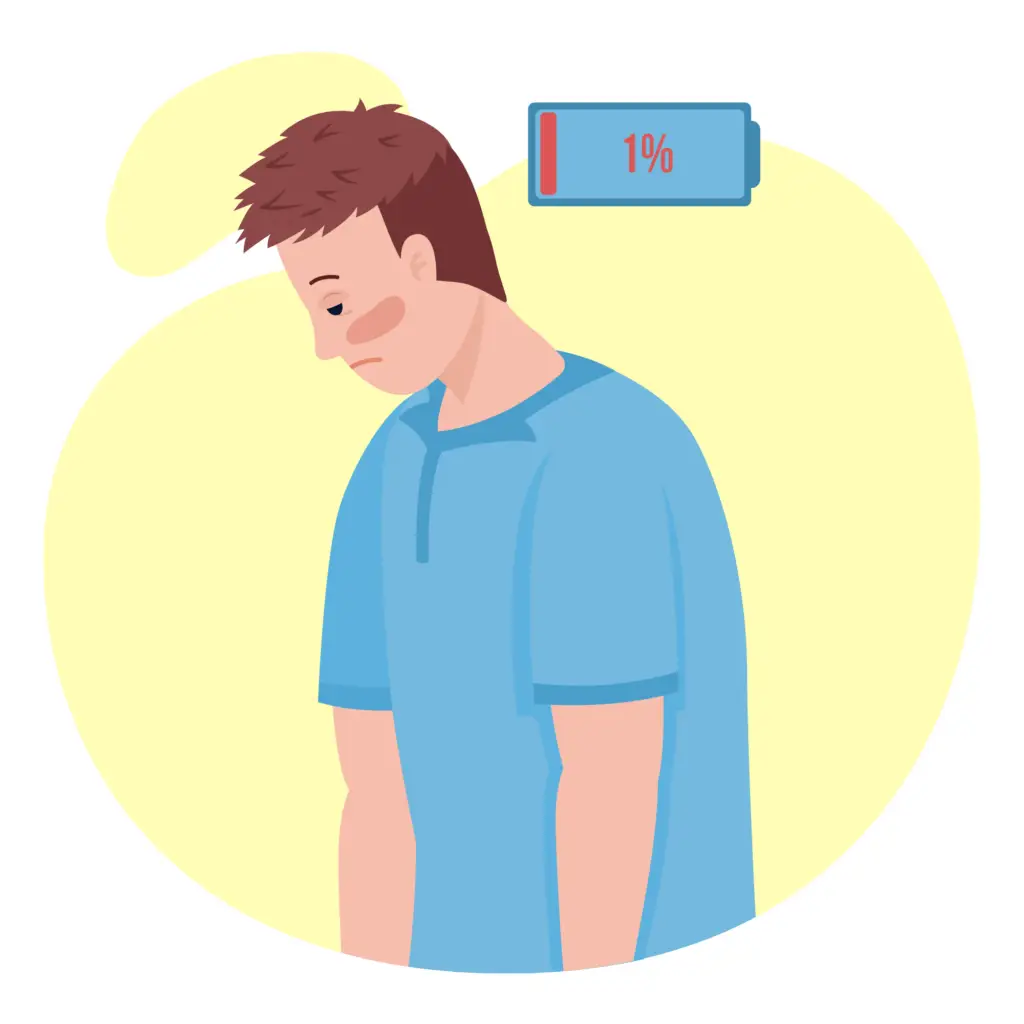Understanding Manageable Stressors in Nursing
Nurses are regularly exposed to situations that most other professions never encounter—such as death, abuse, neglect, and traumatic medical events—each of which has a psychological impact. In certain conditions, the weight of these experiences, combined with the realities of caregiving, can lead to vicarious trauma, moral and ethical misalignment, compassion fatigue, and secondary traumatic stress. Because these risks stem directly from patient care, they cannot be predicted or avoided. However, they can be managed.
What Are Manageable Stressors?
We define these as manageable stressors—occupational risks that, without the right support, can negatively impact a nurse’s mental well-being, professional fulfillment, and ability to sustain compassionate, effective care. Unlike burnout, which is often linked to systemic inefficiencies, these stressors are embedded in the emotional and ethical realities of healthcare work.
While many organizations invest in resilience-building, few focus on how to foster resilience in the face of these specific occupational risks. Without that focus, nurses are left to navigate these challenges alone. Our volunteer nurse research committee has compiled evidence-informed, actionable strategies to help leaders move beyond general well-being efforts and create meaningful support systems.
Understanding manageable stressors is the first step toward ensuring resilience is built with the right risks in mind. Click on each topic to learn more about its impact and how organizations can address these stressors.

Vicarious Trauma
The lasting impact of repeated exposure to patient trauma. A persistent psychological shift that alters worldview, identity, and sense of safety over time.

Secondary Traumatic Stress (STS)
A sudden stress response to indirect exposure to trauma.
Manifests similar to PTSD, with symptoms like hypervigilance, emotional withdrawal, and intrusive thoughts.

Moral & Ethical Misalignment
When an individual’s moral or ethical values conflict with workplace realities. Leads to moral stress, distress, or injury, and potential erosion of professional integrity.

Compassion Fatigue
The emotional depletion caused by sustained caregiving. A temporary loss of empathy and emotional energy that can be reversed with recovery time.

